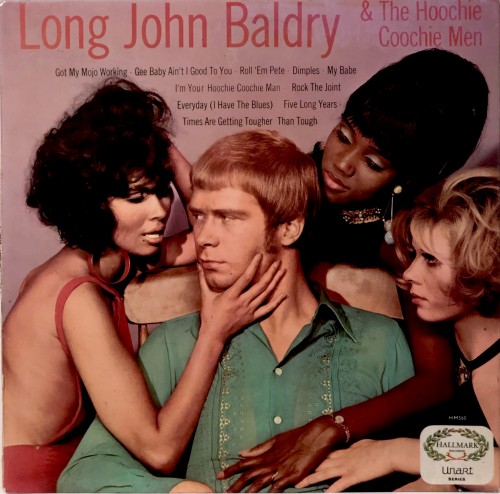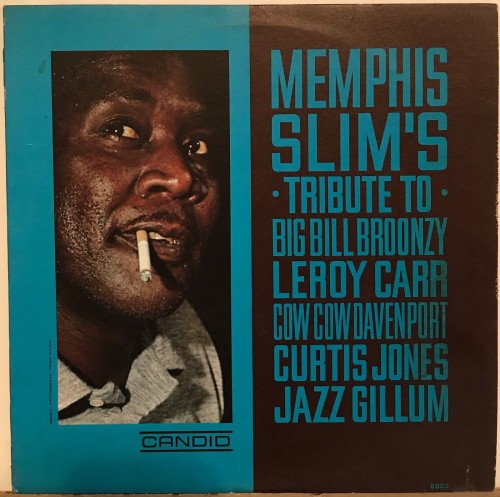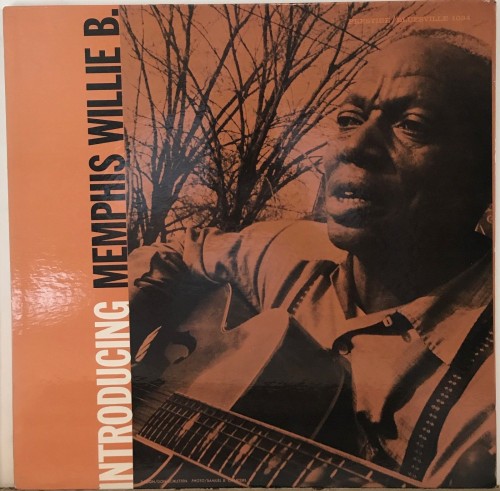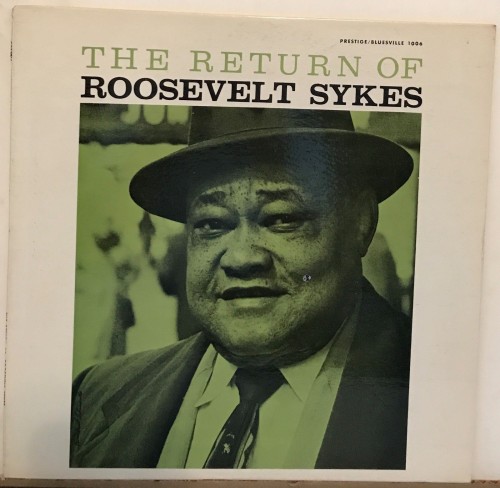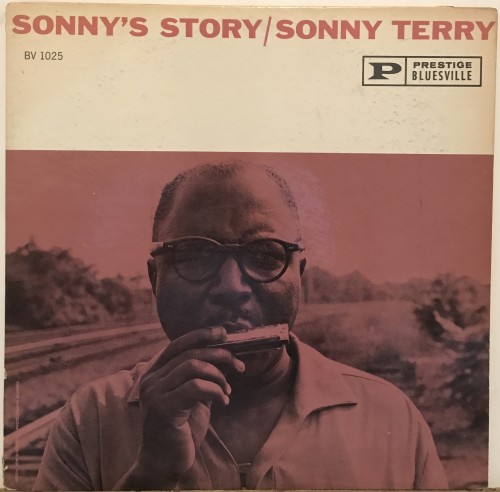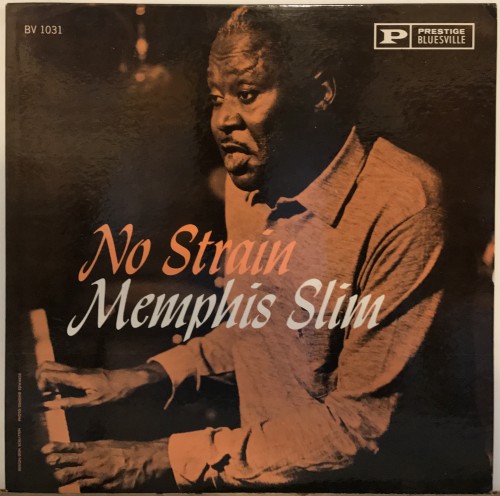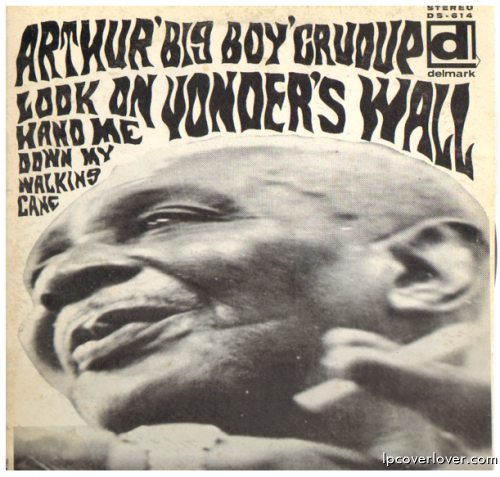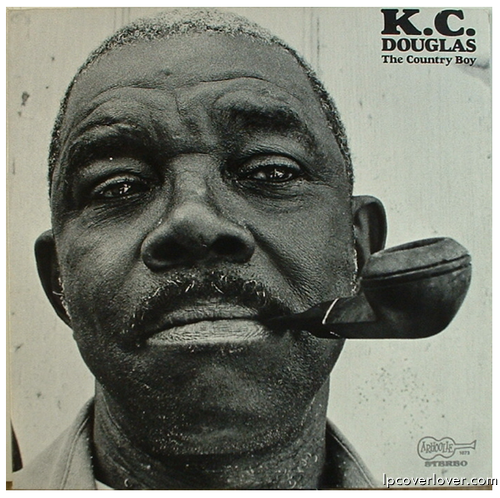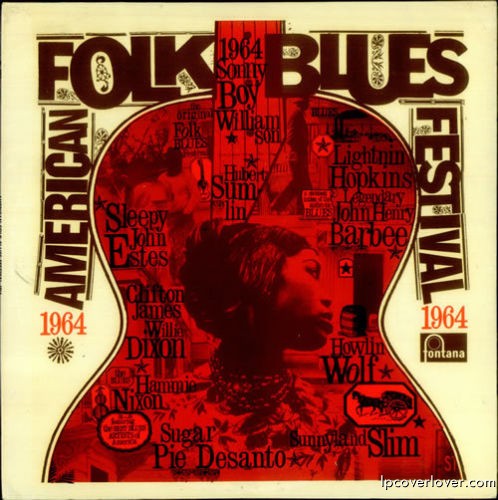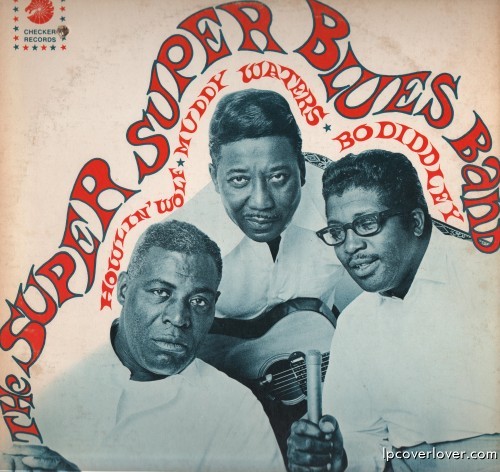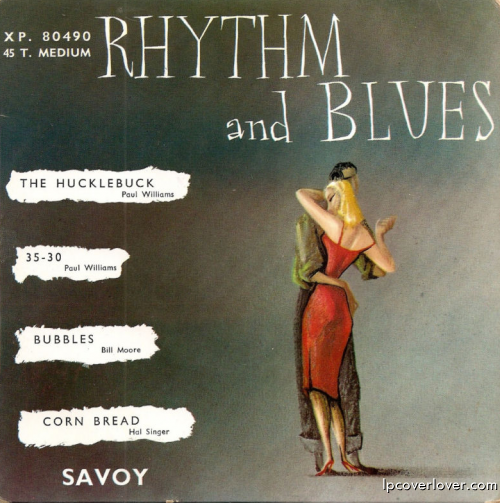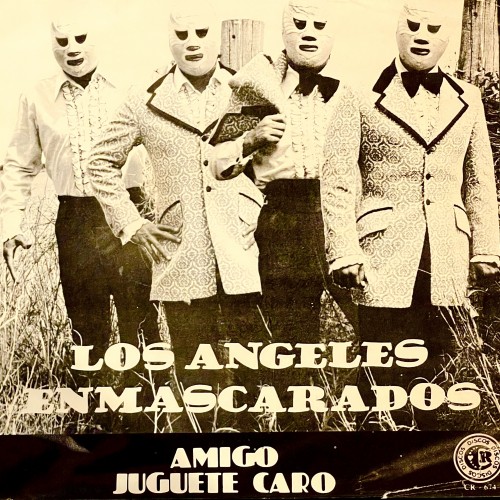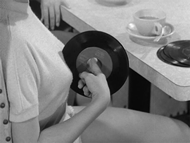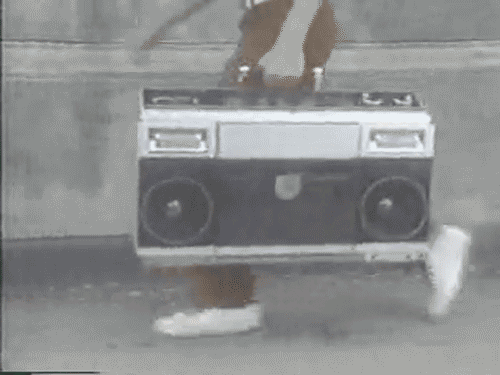Blues
You are currently browsing the archive for the Blues category.
Hoochie coochie man
Long John Baldry & His Hoochie Coochie Men (1968) Reissue of Long John’s Blues (Originally on United Artists in 1964) on UnArt Records (UK) . Rod Stewart on Vocals. Check out the Elton John connection below.
Long John Baldry (vocals), Rod Stewart (vocals, harmonica), Jeff Bradford (guitar), Cliff Barton (bass), Ian Armit (piano), Johnny Parker (piano), Al Gay (saxophone), Art Themen (saxophone), Johnny Spooner (drums), Pete Willis (guitar), Tom Connor (bass), Barry Martin (saxophone), Eddie Taylor (drums), Pete Blannin (bass), Pete Peterson (saxophone), Rudy Jones (saxophone), Bill Eyden (drums), Ernie O’Malley (drums)Tracklist
A1 Got My Mojo Working
A2 Gee Baby Ain’t I Good To You
A3 Roll ‘Em Pete
A4 I’m Your Hoochie Coochie Man
A5 Everyday (I Have The Blues)
B1 Dimples
B2 Five Long Years
B3 My Babe
B4 Times Are Getting Tougher Than Tough
B5 Rock The Joint
Baldry grew to 6 ft 7 in (2.01 m), resulting in the nickname “Long John”. In the early 1960s, he sang with Alexis Korner’s Blues Incorporated, with whom he recorded the first British blues album in 1962, R&B from the Marquee. At stages, Mick Jagger, Jack Bruce and Charlie Watts were members of this band while Keith Richards and Brian Jones played on stage, although none played on the R&B at the Marquee album. When The Rolling Stones made their debut at the Marquee Club in July 1962, Baldry put together a group to support them. Later, Baldry was the announcer introducing the Stones on their US-only live album, Got Live If You Want It!, in 1966.
Baldry became friendly with Paul McCartney after a show at the Cavern Club in Liverpool in the early 1960s, leading to an invitation to sing on one of The Beatles 1964 TV specials, Around The Beatles. In the special, Baldry performs “Got My Mojo Workin'” and a medley of songs with members of The Vernons Girls trio; in the latter, the Beatles are shown singing along in the audience.
In 1963, Baldry joined the Cyril Davies R&B All Stars with Nicky Hopkins playing piano. He took over in 1964 after the death of Cyril Davies, and the group became Long John Baldry and his Hoochie Coochie Men featuring Rod Stewart on vocals and Geoff Bradford on guitar. Stewart was recruited when Baldry heard him busking a Muddy Waters song at Twickenham Station after Stewart had been to a Baldry gig at Eel Pie Island. Long John Baldry became a regular fixture on Sunday nights at Eel Pie Island from then onwards, fronting a series of bands.
In 1965, the Hoochie Coochie Men became Steampacket with Baldry and Stewart as male vocalists, Julie Driscoll as the female vocalist and Brian Auger on Hammond organ. After Steampacket broke up in 1966, Baldry formed Bluesology featuring Reg Dwight on keyboards and Elton Dean, later of Soft Machine, as well as Caleb Quaye on guitar. Dwight, when he began to record as a solo artist, adopted the name Elton John, his first name from Elton Dean and his surname from John Baldry.
Blues for Sale!
Just two more days to pick up one of these amazing, vintage early 1960’s original Prestige Bluesville and Candid Records pressings! These and many other records from our collection are up for sale on ebay here: https://www.ebay.com/sch/m.html?item=253309304692&_ssn=lp-cover-lover&_sop=16 Check them out now. You’ll cry the blues if you miss out!
Hey big boy!
Arthur “Big Boy” Crudup Delmark Records “Look On Yonder’s Wall, Hand Me Down My Walking Cane” (1969). The human voice has rarely been as movingly rich as that of Arthur “Big Boy” Crudup nor has the human experience been so thoroughly mirrored as in the simple blues poetry of this big and gentle man from Mississippi. Some have commented that Crudup’s voice sounds similar to that of Elvis Presley but the truth is the other way around; Crudup wrote several of Presley’s hits and seems to have been an early Presley idol. – Delmark Records His last few gigs were with Bonnie Raitt. He passed away in 1974. You can see here in the design, the melding of blues legends into popular music and the youth culture of the sixties.
Ol’ dirty bastard
Lowell Fulsom “Tramp” Kent Records (1967) (1921 – 1999) Check out both Fulsom’s Tramp and the Joe Tex response “Papa Was Too” (Sampled by Wu-Tang Clan).
A major figure in West Coast blues, Fulson (sometimes listed as Fulsom) took the smooth, jazz-tinged jump-blues of Texas to California, where he had rhythm-and-blues hits from the 1940s to the 60s. He wrote songs that were also recorded by Elvis Presley (“Reconsider Baby”), Otis Redding and Carla Thomas (“Tramp”) and B.B. King (“Three O’Clock Blues”). He was a member of the Blues Hall of Fame and the Rhythm-and-Blues Hall of Fame.
Fulson was born in 1921 on a Choctaw Indian reservation in Oklahoma; his grandfather was a Choctaw. Fulson played gospel and country music before turning to the blues. In 1939 he replaced Chester Burnett (later known as Howlin’ Wolf) in the band led by the country-blues singer Texas Alexander, who was based in Gainesville, Texas. He served two years in the Navy in Oakland, Calif., and stayed on the West Coast when he began his recording career in 1946.
He had his first rhythm-and-blues hit, “Three O’Clock Blues,” on the Swingtime label in 1948, and went on tour in 1950 with a band that included Ray Charles on piano. Other bands Fulson led would include Ike Turner on guitar and Stanley Turrentine or King Curtis on tenor saxophone. He continued to have hits, including a version of Memphis Slim’s “Nobody Loves Me” that he retitled “Everyday I Have the Blues,” and his own song, “Blue Shadows,” in 1950. Although he lived in California, he began recording for the Chicago- based Checker label (part of Chess Records) in 1954, when he had a hit with “Reconsider Baby.”
He moved in 1964 to Kent Records, recording as Lowell Fulsom, and his soul- styled “Tramp” reached No. 5 on the rhythm-and-blues chart in 1967. He continued to tour and record well into the 1990s, with albums for European labels and, most recently, for the Rounder and Bullseye Blues labels. He won five W.C. Handy blues awards in 1993 and his 1995 album, “Them Update Blues” (Bullseye Blues), was nominated for a Grammy Award for Best Traditional Blues album.
Sugar Pie’s guys
American Folk Blues Festival 1964 Fontana Records (UK) Recorded in the Musikhalle in Hamburg that year including Sonny Boy Williamson, Sugar Pie Desanto, Howlin Wolf and others. Courtesy of Chess Records. GO Sugar go!
Super Bad
“THE SUPER SUPER BLUES BAND” Checker Records HOWLIN WOLF! MUDDY WATERS! BO DIDDLEY! A Mount Rushmore of Blues Legends! In early 1967, Chess Records decided to shore up its fortunes by placing three of its aging stars in the studio to record together. Muddy Waters, Bo Diddley and Little Walter played off each other on the session that would result in the Super Blues album which, in turn, would sell enough copies to keep the ball rolling and merit a second all-star session.
Later that year, Waters and Diddley were joined in the studio by the great Howlin’ Wolf who replaced the ailing Little Walter, for a similar blues jam session. With a top-notch band that included guitarists Hubert Sumlin and Buddy Guy (who also played bass), pianist Otis Spann, and drummer Clifton James, the trio of Chess legends laid down the songs that would become The Super Super Blues Band album.

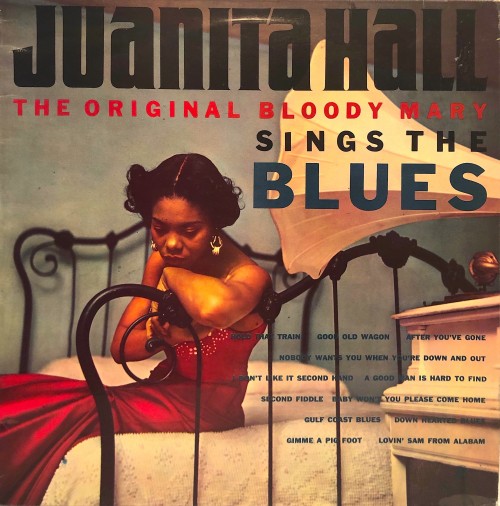

 (24 votes, average: 4.71 out of 5)
(24 votes, average: 4.71 out of 5)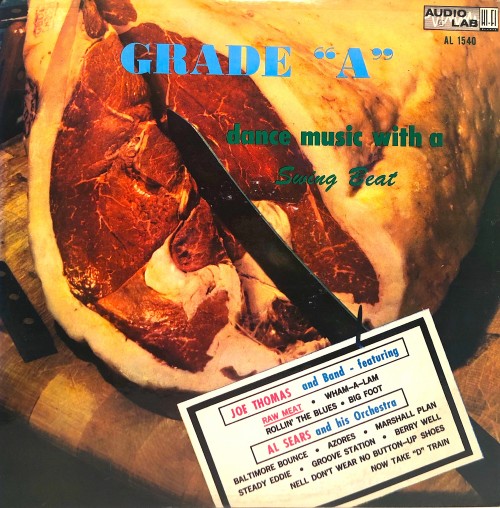
 (17 votes, average: 3.53 out of 5)
(17 votes, average: 3.53 out of 5)